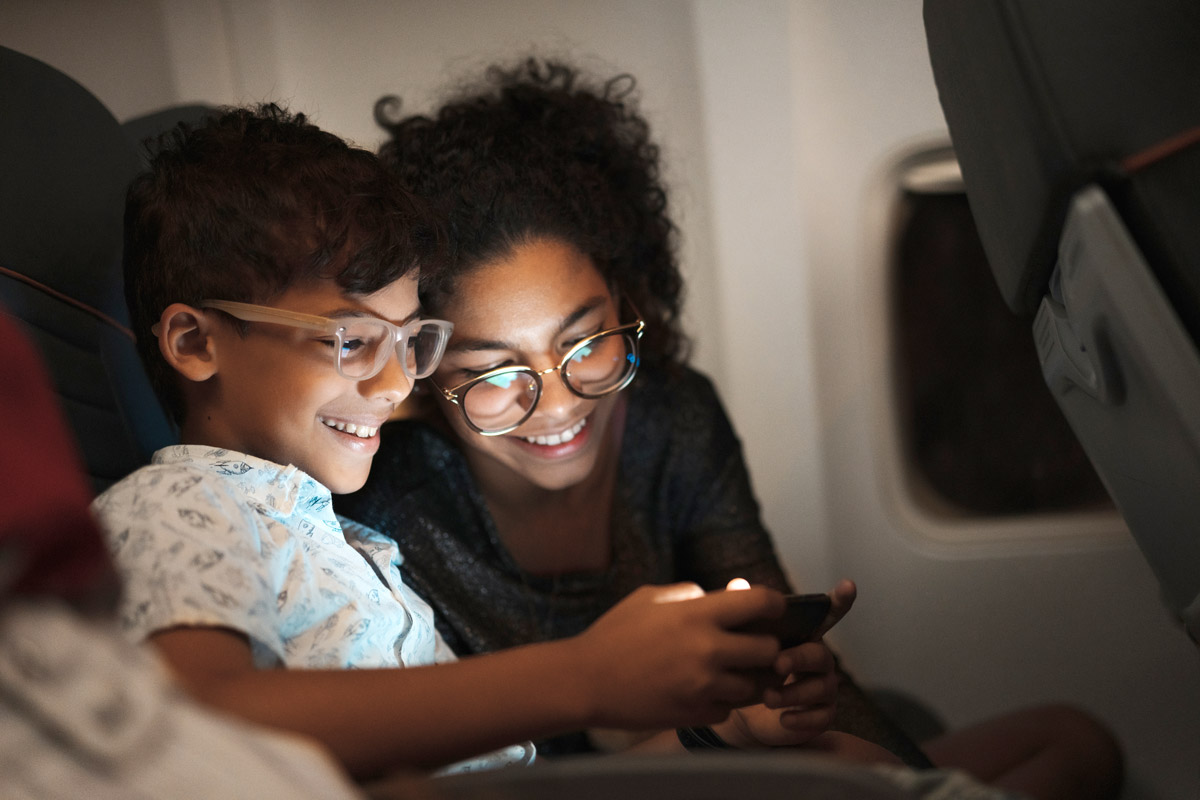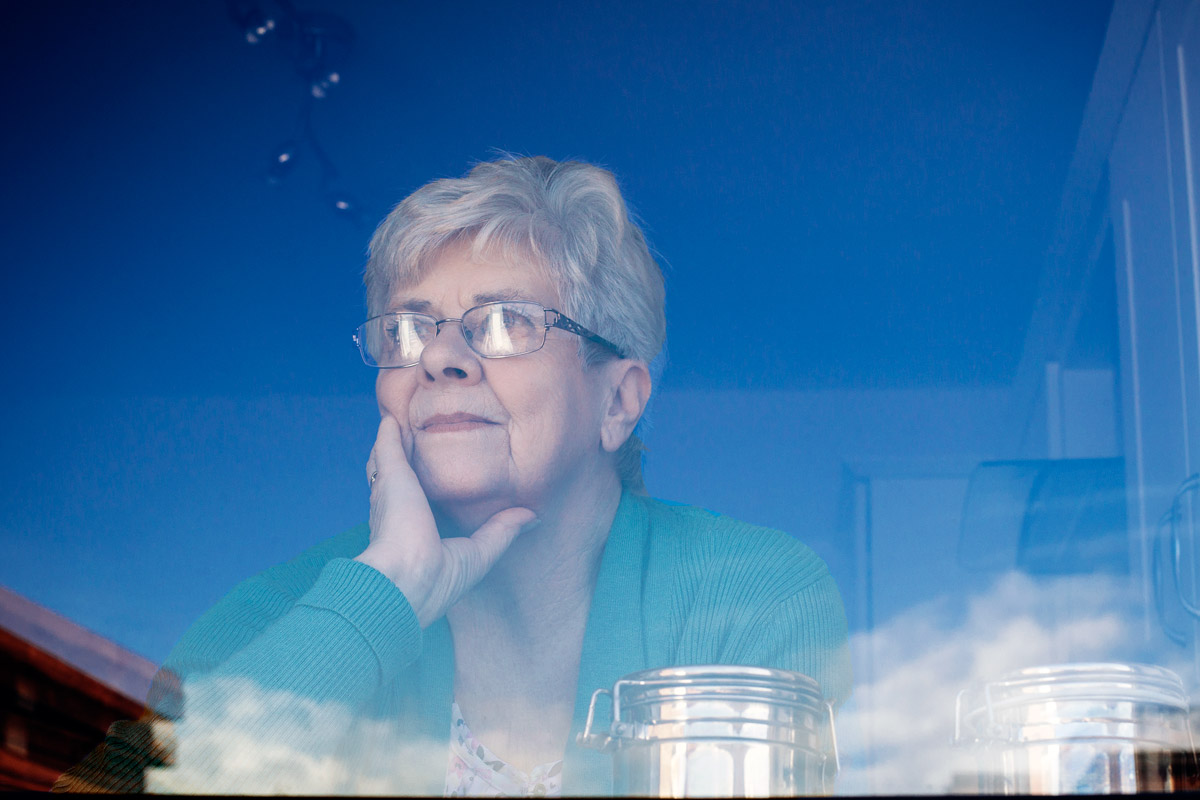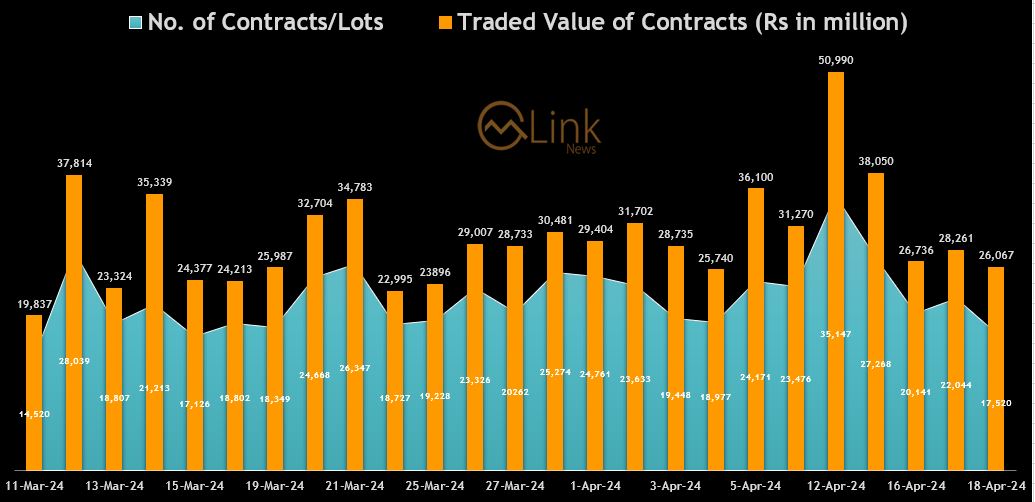Usually, people welcome a reason to cancel a dentist appointment, as settling into that chair is often associated with pain and expense. Now you may have a legitimate excuse to stay away from the dentist’s chair, if your dentist...
Usually, people welcome a reason to cancel a dentist appointment, as settling into that chair is often associated with pain and expense.
Now you may have a legitimate excuse to stay away from the dentist’s chair, if your dentist office remains closed or you’re just not comfortable with up-close contact yet.
But that doesn’t mean you’re off the hook when it comes to taking care of your teeth. Now’s the time to practice better dental hygiene at home so you don’t have to pay big bills for damaged teeth later when you get back in the chair.
You Have Plenty of Time to Brush and Floss Now
Sam Emrich, a North Carolina-based dentist who owns Emrich Family Dentistry in Raleigh and is a partner in Clayton Dental Center in Clayton, says people should take care not to neglect their teeth right now.
“With ‘social distancing’ being the buzzword, you still want to take care of yourself such that one should not smell your bad breath six feet away,” he said. “All the food that gets trapped between your teeth and at the gumline, if not properly brushed and flossed regularly and properly, might just create some natural social distancing.”
Dentists, including Emrich, recommend flossing morning and night, as well as brushing after each meal for about two minutes.
While this may sound obvious, the reality is that many people fall short. Emrich estimated 98% of his patients intend to practice these healthy habits, but probably about 55% actually do so correctly.
More Tips to Keep Your Teeth Strong and Healthy
Emrich offered more tips for taking extra care of your teeth now, so you won’t face big dental problems and even bigger bills later.
1. Emrich recommends flossing before brushing, because he says it’s likely you’ll leave the bathroom without flossing, but if you floss beforehand, you likely will not leave the bathroom without brushing.
2. “A battery-powered or electric toothbrush is a wise investment any time, but especially a good tool for times like this,” Emrich said.
3. A fluoridated mouthwash, such as ACT, can also offer extra cleaning for your teeth and gums. Let it be the last thing you use before going to bed.
4. Waterpiks are a great adjunct tool, but they don’t take the place of proper flossing.
5. Sticky foods like caramels or Sugar Daddy candy have a reputation for damaging teeth, but daily consumption of soft drinks, energy drinks and Gatorade are just as harmful, if not more so.
6. “All of these beverages, while putting a dent in your wallet for empty calories, are also loaded with sugar leading to cavities and potentially expensive dental procedures,” Emrich said. “In addition, they have a high acid content that slowly erodes tooth structure away.”
7. If you do have a soft drink or another sugary drink, drink it fast, then rinse and swish with water immediately to limit how much time the sugar and acids are on your teeth.
Don’t Wait to Call If You’re In Pain
Dr. Ron O’Neal, who runs The Family Dentist offices in Tampa and St. Petersburg, Florida, said you should call your dentist if you’re in pain. Pain is subjective, he pointed out, so it’s hard to know when it’s worth breaking social distancing to see your dentist.

O’Neal advises against waiting until pain interferes with your ability to eat or sleep.
“If you’re in pain, I would call first and most likely go and have it evaluated,” he said. “I think we’re going to see an influx of people with smaller problems that are going to become bigger problems if they sit and wait on them.”
If a procedure, like a root canal or filling a cavity, isn’t urgent, a dentist can prescribe an antibiotic to control infection until the patient is able to have the problem treated fully.
If you’re concerned about potential exposure to the novel coronavirus, the ADA has instituted strict guidelines for dental offices seeing patients during this time, including:
Patients and dental practitioners are checked with a thermal thermometer. Patients fill out a long questionnaire, with questions about travel out of the country and on cruise ships. Appointments are staggered so usually only one patient is in the office at once.Even before the pandemic, dentists and hygienists have been wearing Level 3 masks, which are one level below the N95 masks in terms of barriers to exposure.
Katherine Snow Smith is a freelance writer and editor in St. Petersburg, Florida, and author of the book Rules for the Southern Rulebreaker: Missteps & Lessons Learned.
This was originally published on The Penny Hoarder, which helps millions of readers worldwide earn and save money by sharing unique job opportunities, personal stories, freebies and more. The Inc. 5000 ranked The Penny Hoarder as the fastest-growing private media company in the U.S. in 2017.











